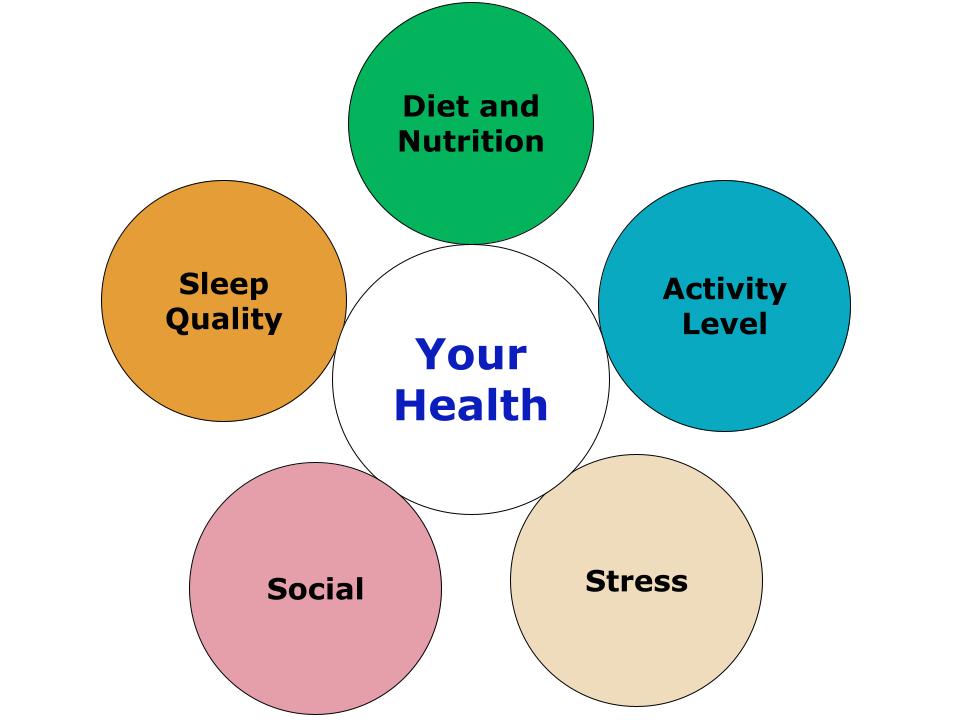We view your total health, and how it relates to diet and nutrition, in a holistic manner. We recognize that stress, sleep, activity level, social connection, and other lifestyle factors impact eating patterns in fundamental ways. We also recognize that food choices and nutritional status can impact your health in complex ways that go well beyond the digestive system. This mindset drives every assessment and care plan we create.

Certain foods may trigger digestive symptoms and/or other systemic symptoms such as migraines or fatigue. These reactions are usually delayed by hours or even days, making it hard to connect the offending food to symptoms experienced.
Those with an autoimmune disorder may experience flareups that can lead to any number of systemic symptoms, from general joint and muscle pain to migraines and brain fog. Specific symptoms will be related to the type of autoimmunity. Importantly, one may experience autoimmune related symptoms years before a formal diagnosis is made.
Feeling low energy and fatigued after meals, especially ones high in carbohydrates, may be a sign of insulin resistance. Positive changes to diet and activity level can go a long way to improving insulin sensitivity. If not addressed, insulin resistance can progress to full blown Type 2 Diabetes.
For those with diagnosed Type 2 Diabetes, getting blood sugar under control is key. If left unchecked, tissue destruction, brain fog, and cognitive decline may result.
Certain foods may trigger digestive symptoms and/or other systemic symptoms such as migraines or fatigue. These reactions are usually delayed by hours or even days, making it hard to connect the offending food to symptoms experienced.
Those with an autoimmune disorder may experience flareups that can lead to any number of systemic symptoms, from general joint and muscle pain to migraines and brain fog. Specific symptoms will be related to the type of autoimmunity. Importantly, one may experience autoimmune related symptoms years before a formal diagnosis is made.
Feeling low energy and fatigued after meals, especially ones high in carbohydrates, may be a sign of insulin resistance. Positive changes to diet and activity level can go a long way to improving insulin sensitivity. If not addressed, insulin resistance can progress to full blown Type 2 Diabetes.
For those with diagnosed Type 2 Diabetes, getting blood sugar under control is key. If left unchecked, tissue destruction, brain fog, and cognitive decline will result.
Digestive Health
Acid Reflux
Burping
Bloating
Constipation
Diarrhea
Excessive Gas
Autoimmunity / Inflammation
Chronic Fatigue
Food Sensitivities
Migraines
Eczema
Joint Pain
Brain Fog
Blood Sugar Control
Fatigue After Meals
Afternoon Fatigue
Weight Gain
Brain Fog
Shakiness
- Unexplained Night Waking



